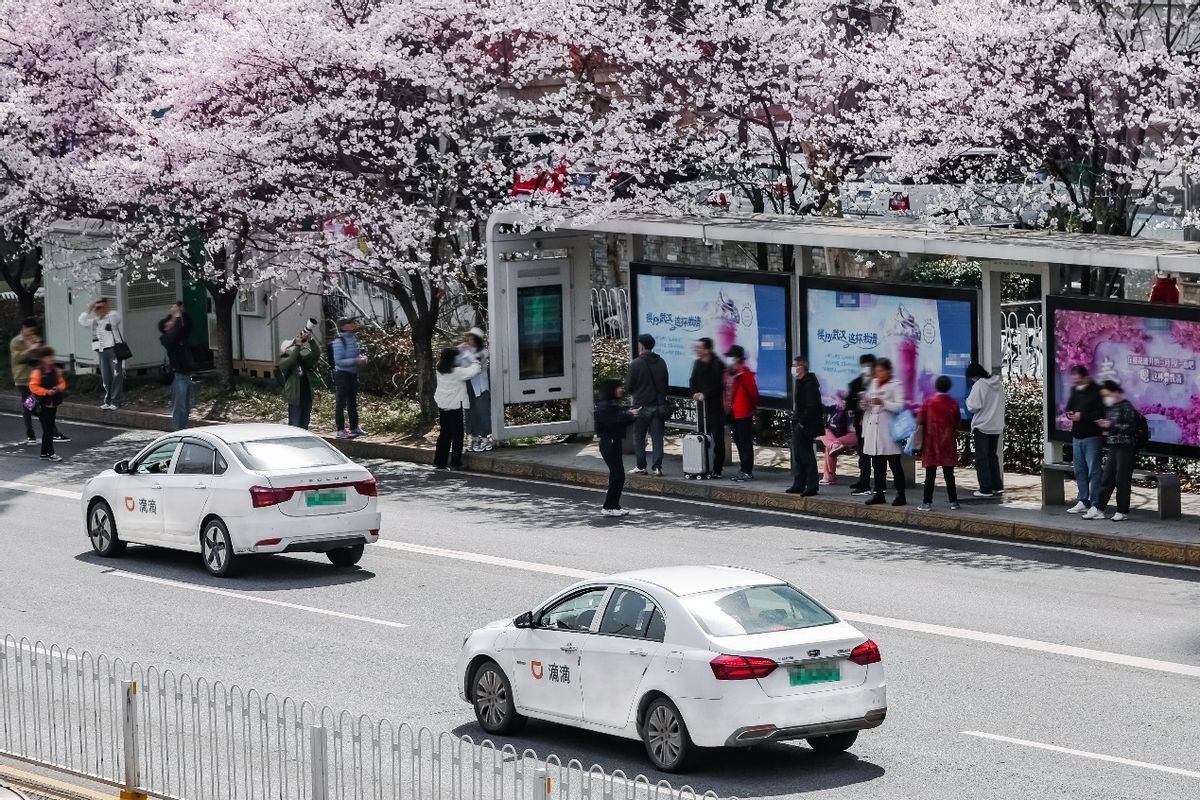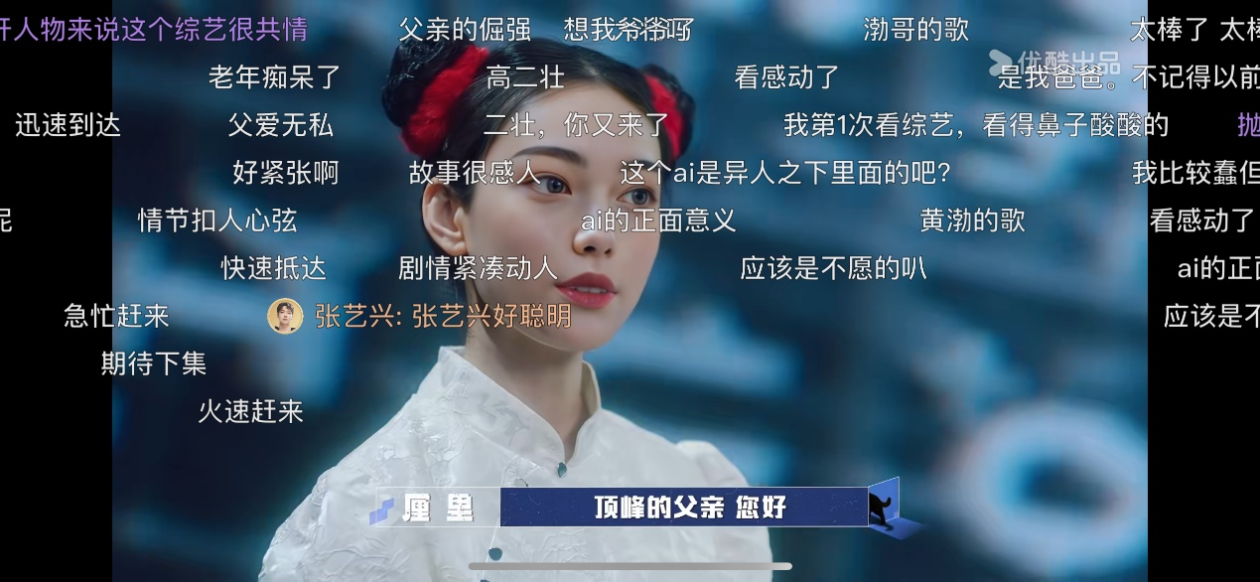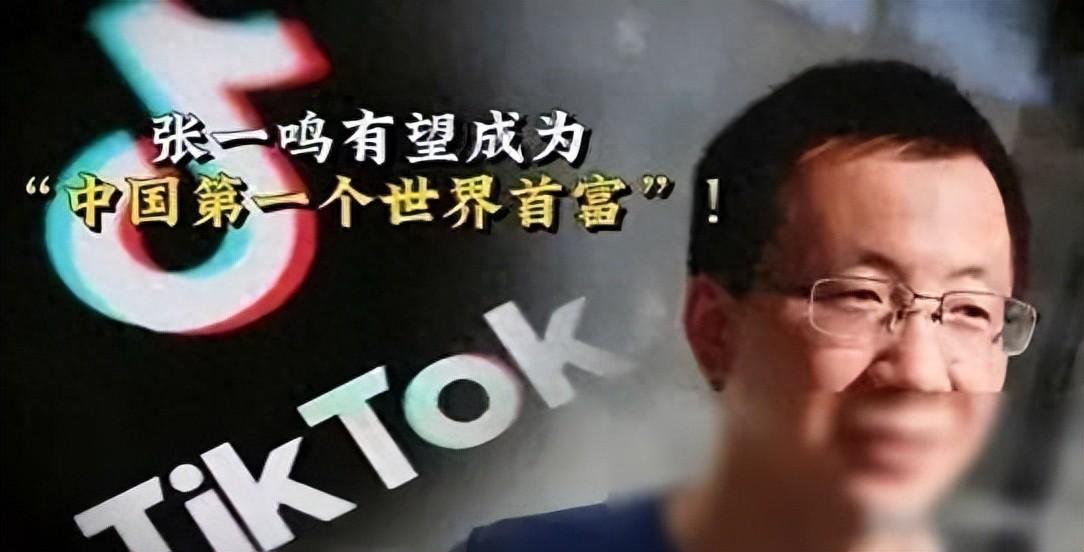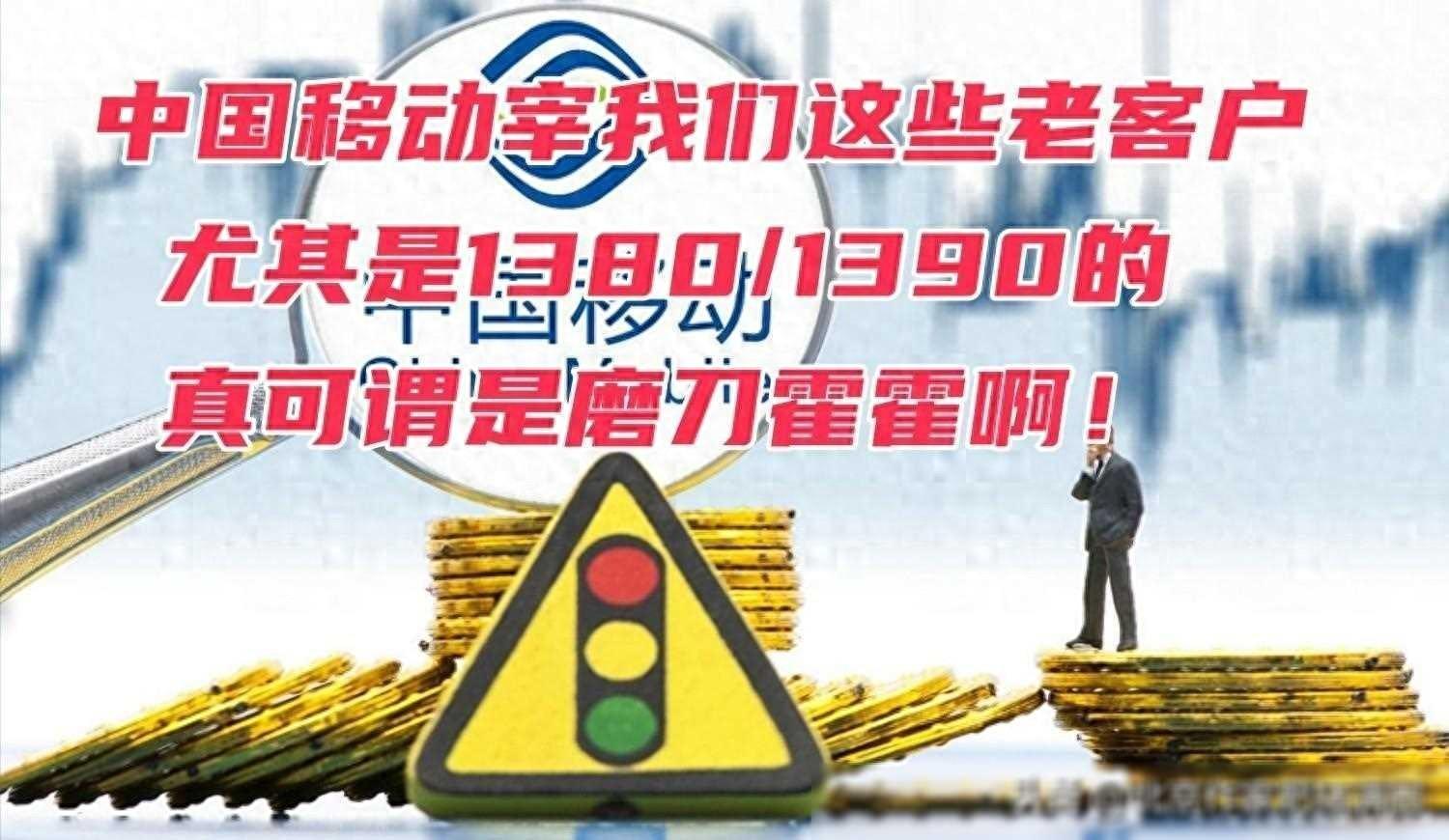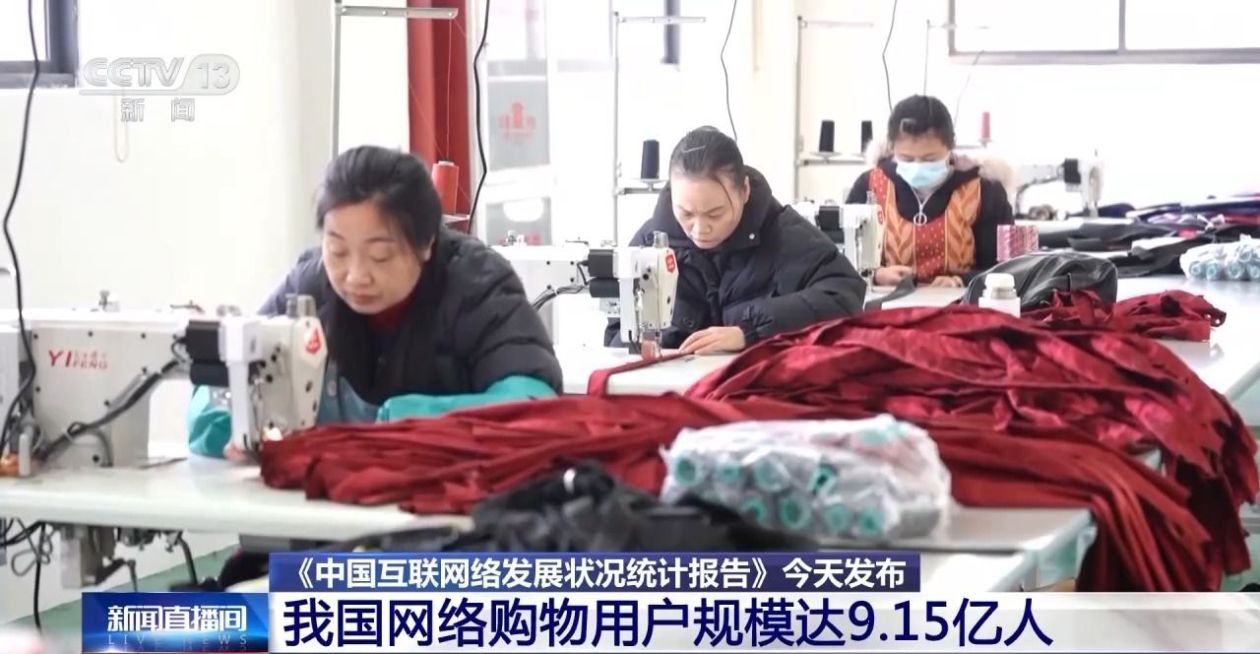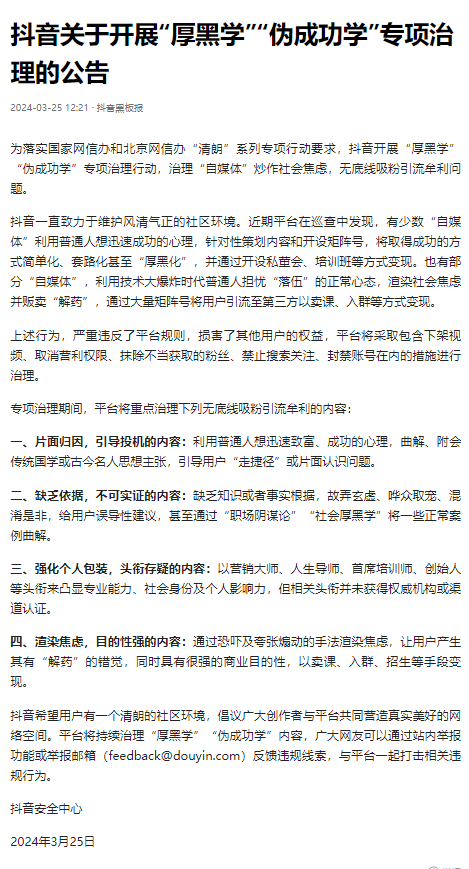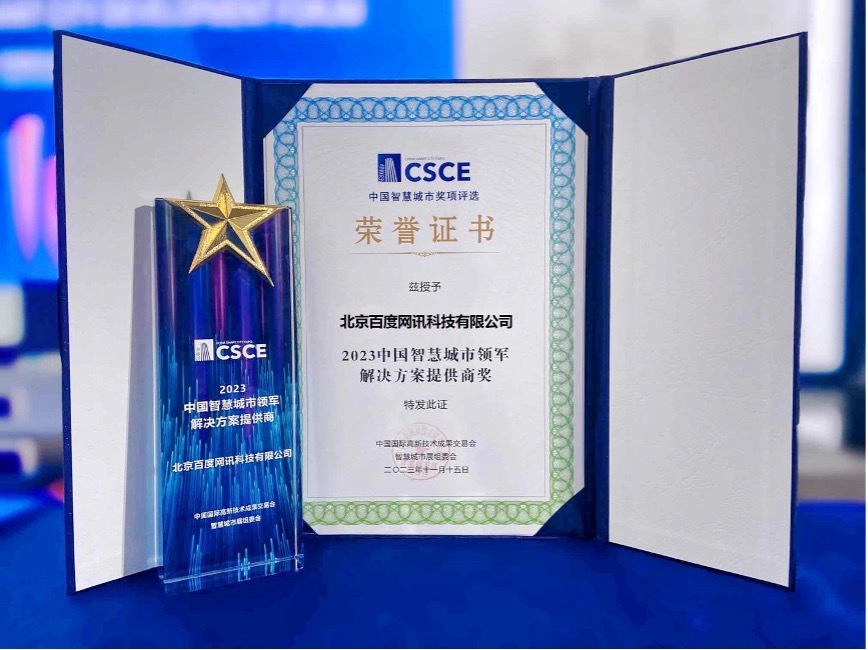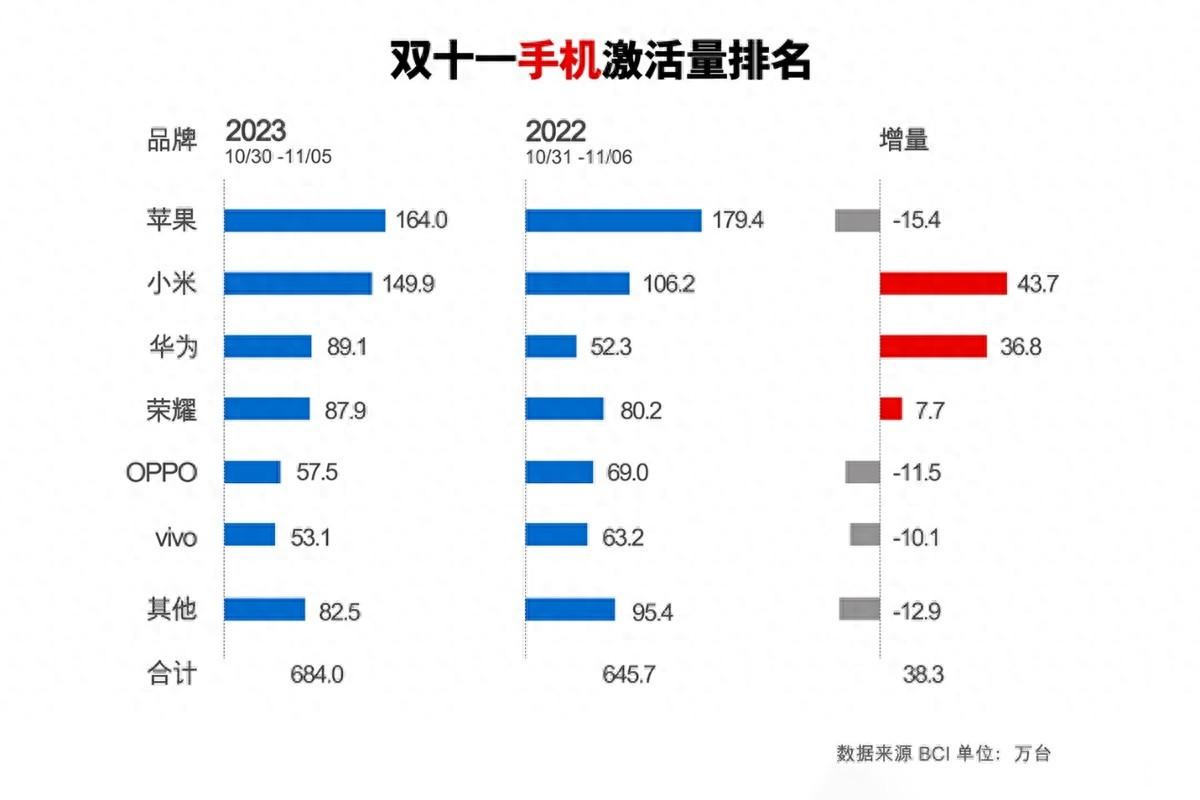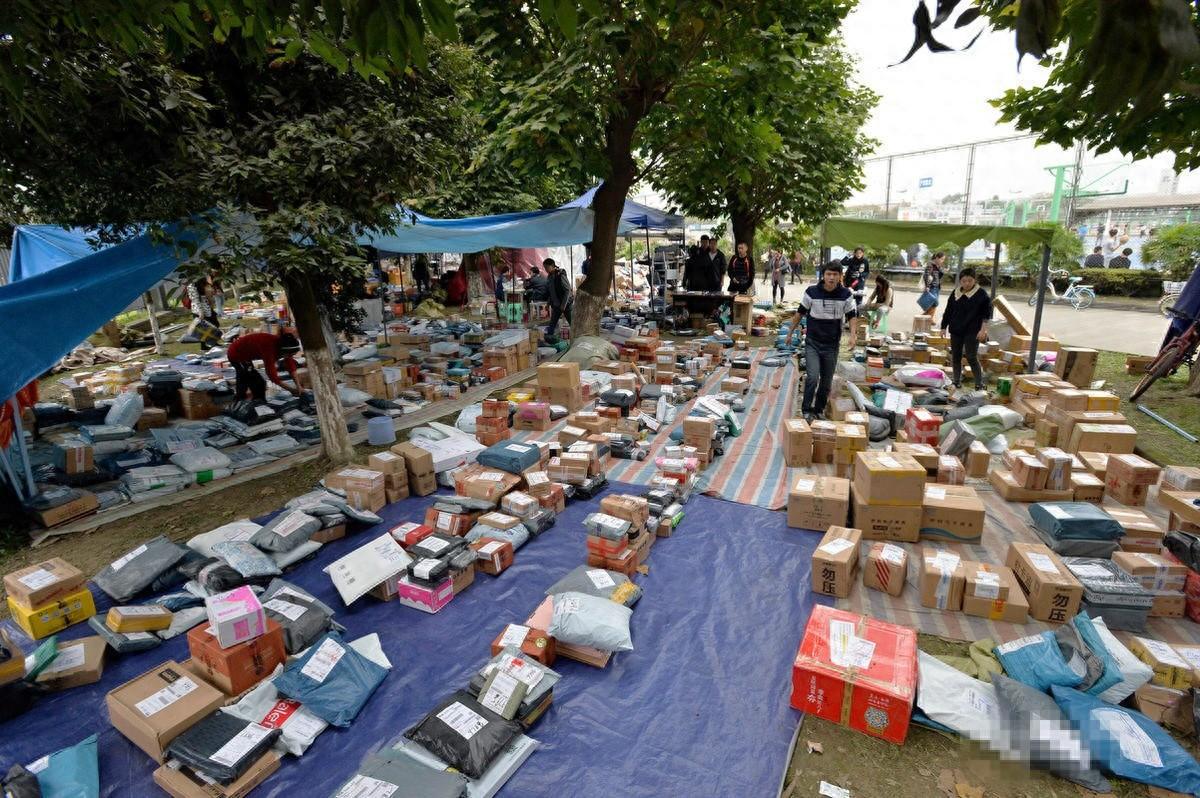Bypassing the EUV lithography machine to create a 2nm chip! ASML never expected it. Sanctions come so quickly
For a better reading and interactive experience, and for you to see more content in a timely manner, click 'Follow'.Bypassing the EUV lithography machine to create a 2nm chip! ASML never expected that sanctions would come so quicklyFour years ago, Huawei's rise in the field of technology caught the attention of American technology giants, and its innovative capabilities posed a huge threat to American technology hegemony
For a better reading and interactive experience, and for you to see more content in a timely manner, click 'Follow'.
Bypassing the EUV lithography machine to create a 2nm chip! ASML never expected that sanctions would come so quickly
Four years ago, Huawei's rise in the field of technology caught the attention of American technology giants, and its innovative capabilities posed a huge threat to American technology hegemony. Therefore, the United States has adopted a series of strict sanctions measures, especially to suppress Chinese semiconductor companies. TSMC stopped manufacturing Huawei's Kirin chips, and Foxconn also chose to betray Huawei and stop OEM of Huawei phones.
Time flies, four years later today, Huawei has achieved self-developed 7-nanometer technology and launched the Kirin 9000S chip, fundamentally bypassing these sanctions. This move has prompted the US and global technology industry to re-examine Huawei's technological strength and the rise of China's technology industry.
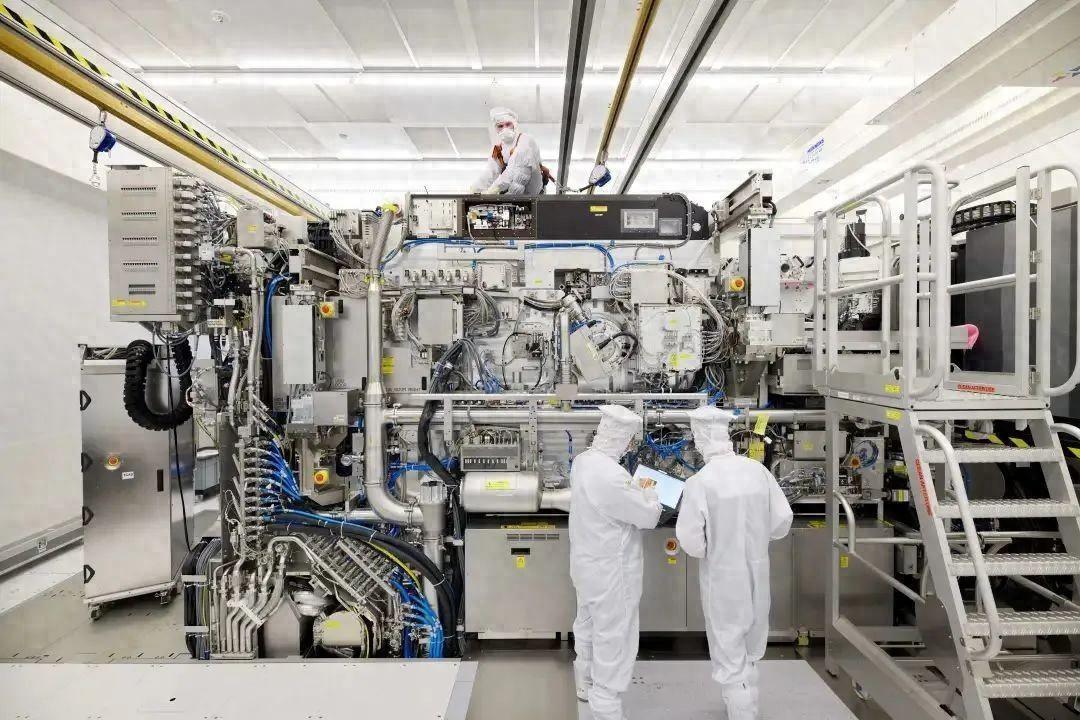
The US sanctions faced by Huawei not only pose a challenge to Huawei itself, but also have a profound impact on companies in its supply chain. Among them, ASML from the Netherlands is the world's largest lithography machine manufacturing enterprise, and its market position is largely supported by the United States, as ASML uses a large amount of American technology. Therefore, ASML is actually regarded as the "biological child" of the United States.

After the Huawei ban was announced, ASML's EUV (Extreme Ultraviolet Lithography) lithography machines were also unable to be exported to China. This means that the United States has locked the semiconductor manufacturing process in Chinese Mainland to the 28nm process, unable to further improve the process level.
Surprisingly, Huawei successfully launched a mobile phone equipped with the Kirin 9000S chip under the ban, using a self-developed 7-nanometer process. This has led to significant success for Huawei in bypassing sanctions and also posed a challenge to ASML's position.

In the early stages of sanctions, ASML technicians once mocked the Chinese, claiming that even if drawings were provided, China could not manufacture high-end lithography machines. However, in just the past four years, Huawei has launched smartphones equipped with Kirin 9000S chips, using domestically produced 7-nanometer technology and achieving large-scale mass production. This achievement has made the CEO of ASML regret, believing that they are too arrogant and that Chinese technology personnel are too smart.
Under Huawei's constraints, ASML attempted to sell a large number of DUV (deep ultraviolet lithography machine) lithography machines to China. According to ASML's latest financial report, in the third quarter of 2023, the mainland market accounted for 46% of its global sales, while in the first and second quarters, it accounted for 8% and 24% respectively. This indicates that ASML is making every effort to sell DUV lithography machines to the mainland market.

However, Huawei's success bypassed ASML and launched its self-developed 7-nanometer process, posing a huge threat to ASML. Huawei's Mate60Pro adopts this process, and its performance is comparable to that of the iPhone 15Pro equipped with a 3-nanometer process. Huawei has increased its order volume for Mate60 smartphones, with sales expected to reach 50 million units, while the iPhone 15 series in the United States has seen a significant decline.
In the future, Huawei plans to release its flagship 10 series and 9 series chips using 3D stacking technology, which is expected to have performance comparable to Qualcomm and Apple. This means that Huawei can manufacture the world's top-notch chips without relying on ASML's EUV lithography machines. Therefore, the position of ASML faces greater challenges.

In addition to ASML issues, Japanese lithography machine manufacturers such as Nikon and Canon have also challenged EUV technology. The rise of ASML is related to semiconductor competition in the United States and Japan. ASML replaced Nikon as the only foreign company to participate in the development of EUV technology. This has led to Nikon and Canon being unable to use EUV technology, further consolidating the position of ASML.
Canon chose to bet on NIL (Nanoimprint Lithography Machine) technology, which is a new process that is different from traditional lithography technology. NIL technology prints microcircuit patterns directly onto the wafer, rather than using traditional projection methods. NIL technology has lower power consumption, lower cost, and less pollution, but it is not as good as EUV technology in terms of manufacturing process.

Recently, Canon released a NIL semiconductor manufacturing device that can produce patterns with a minimum line width of 14 nanometers, equivalent to a 5 nanometer process. In addition, the improved mask can also manufacture 2-nanometer chips. This means that China can use NIL technology to manufacture high-end chips without relying on ASML's EUV lithography machines.
In addition, NIL technology does not include American technology, so the United States cannot impose restrictions on its exports. This poses a serious threat to American technology companies as they may lose control of key process technologies.

Four years ago, Huawei faced strict sanctions from the United States, which attempted to restrict China's semiconductor technology development, especially in the field of lithography machine manufacturing. However, Huawei achieved breakthrough success under the ban, bypassing these sanctions and obtaining self-developed 7-nanometer technology and Kirin 9000S chips. This poses a serious challenge to ASML and US technology companies.

At the same time, the rise of NIL technology poses a threat to ASML as it provides a way to bypass EUV technology and manufacture high-end chips without being restricted by US technology exports. This makes it possible for China to gain greater autonomy in the semiconductor field.

Therefore, with the rise of China's technology industry, the technological hegemony of the United States may be challenged. This trend indicates that the global technological landscape is undergoing significant changes, and technological strength and innovation capabilities will become key factors for the future. At the same time, cooperation will also play a crucial role in global technological innovation and development. Huawei's successful circumvention of sanctions and the rise of NIL technology indicate that the technology industry is moving towards globalization, and technology companies from various countries need courage and determination to adhere to independent innovation and make greater contributions to the development of human society.

Is the country going to take it seriously? The emergence of the "new four pests" in society has already affected the lives of the people!
The sustained development of China's economy and the rise of modern information society mark China's leading position in the field of information technology. However, with the continuous changes of society, new problems have also emerged, which are vividly referred to as the "Four Harms" of the new era. These problems are different from the past "four pests", no longer referring to harmful organisms, but rather some social problems that pose a direct threat to people's material and spiritual lives. This article will explore what the new "four pests" are, how they affect people's lives, and what measures should be taken to eradicate these pests.

The continuous progress of internet technology and the vigorous development of the internet industry have given rise to online fraud. With the widespread popularity of the Internet, network signal coverage has spread throughout the country. However, some criminals use the internet to engage in fraudulent activities on various chat apps and social media. Online fraud techniques are constantly emerging, causing many people to be caught off guard and fall into scams. Some fraudsters may disguise themselves as family and friends, establish trust relationships, gain affection or sympathy, and then commit fraud. There are also some official staff members of fake shopping platforms who request to click on the link and falsely claim to need to verify the delivery information, but in reality, it is a viral website that leads to personal information leakage. Government departments should actively organize grassroots propaganda departments to carry out propaganda work, strive to cover the doorstep of every family with propaganda slogans, and increase people's vigilance against online fraud.

Secondly, the popularity of short videos has already affected people's daily lives. Almost everyone has a smartphone and can watch short video applications such as Tiktok and Kwai at any time. The original intention of short videos is to allow people to easily watch funny videos after work, alleviate fatigue and anxiety. However, some people are overly addicted to the brief pleasure of short videos, neglecting the tasks that should be completed, and even many students fall into short videos and games, seriously affecting their studies. Government departments should organize community workers to conduct criticism and education, help people establish a correct outlook on life and values, and encourage people to face reality bravely, rather than falling into an illusory world.

Thirdly, food safety issues have a direct impact on people's health. Food is the top priority in life, and only by eating safely can one have the strength to do other things. However, the food safety situation in China is not optimistic. Some criminals exploit legal loopholes to add various additives and preservatives to food, making consumers' food unreliable. The government should strengthen legal protection, ensure food safety, force enterprises to comply with relevant regulations, and eliminate food safety issues.

Environmental pollution issues also threaten people's quality of life. With the acceleration of industrialization and urbanization, environmental problems have become increasingly serious. Exhaust emissions pollute the air, while wastewater is directly discharged into rivers, polluting the atmosphere and soil. Government departments should establish strict environmental standards and require enterprises to treat wastewater before discharging it to ensure that it does not cause harm to the environment.

Overall, the new "four pests" pose a greater threat to people's lives and health. The government and society should work together to eradicate these problems and ensure the safety of people's lives and property. Only through collective efforts can we create a safer and healthier society.

Note: (Disclaimer) The process and images described in the article are sourced from the internet. This article aims to advocate that society can provide you with a better reading and interactive experience. In order for you to see more content in a timely manner, click "Follow" and we will update you with exciting stories and share different moments of stories every day!
Disclaimer: The content of this article is sourced from the internet. The copyright of the text, images, and other materials belongs to the original author. The platform reprints the materials for the purpose of conveying more information. The content of the article is for reference and learning only, and should not be used for commercial purposes. If it infringes on your legitimate rights and interests, please contact us promptly and we will handle it as soon as possible! We respect copyright and are committed to protecting it. Thank you for sharing.(Email:[email protected])



